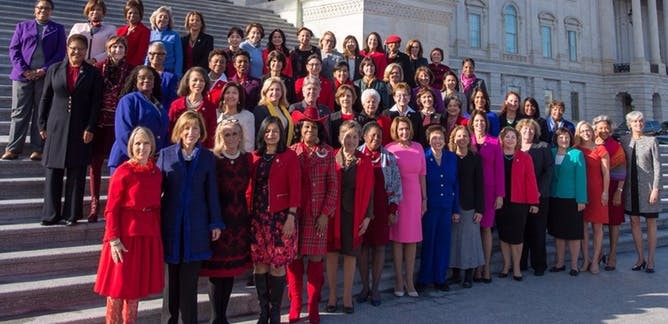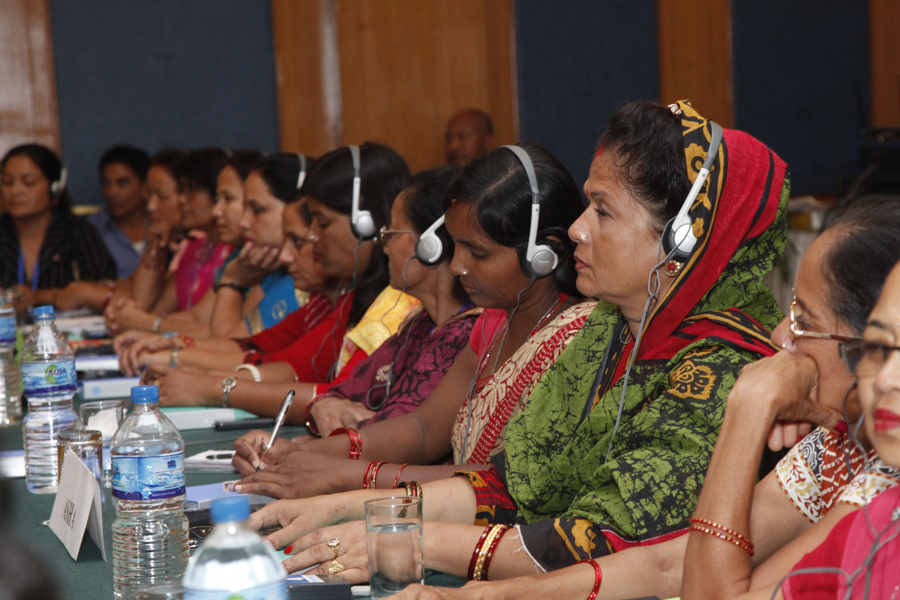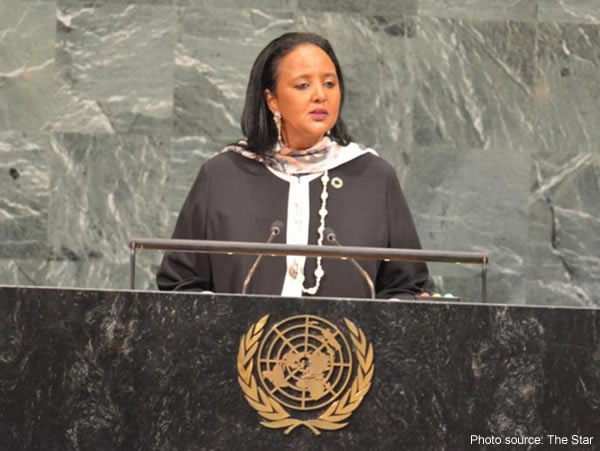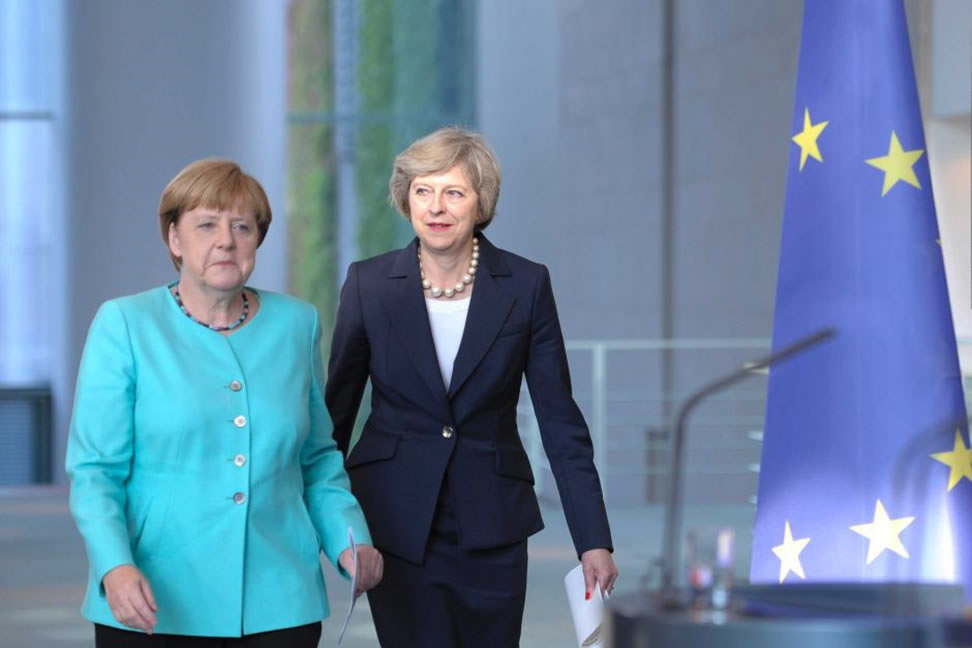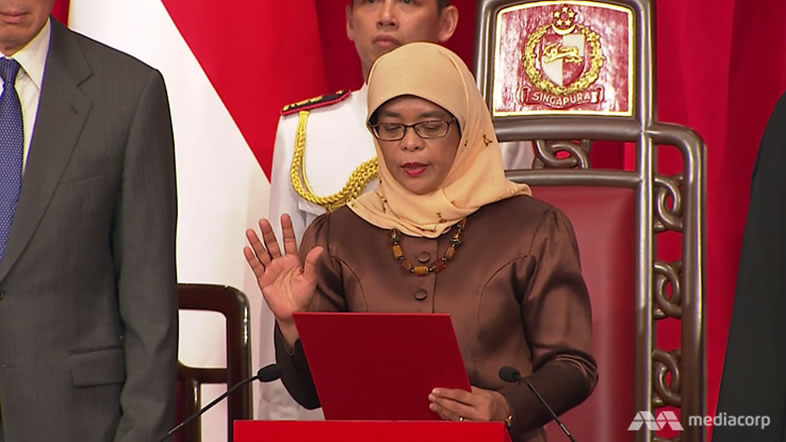The under-representation of women constitutes a serious democratic deficit, which undermines the legitimacy of the contemporary democratic ideal. Parity democracy and the promotion of women in decision-making positions are therefore important areas of action for EWL. Parity democracy implies the equal representation of women and men in decision-making positions. It goes a step further than quotas as it is based on the idea that women are not a minority: they represent more than half of humanity – a quantitative dimension – and one of its components – a qualitative dimension. Research shows that women’s under representation in politics boils down to these 5 Cs: Confidence: women – for a variety of highly rational reasons – have more doubts putting themselves up for election Candidate selection: once women agree to run, it’s often difficult for them to get an electable spot on the election list. Culture: politics is a men’s world.…
Why we need more Michelle Obamas
What better way to show someone that something is achievable than to point them in the direction of someone who actually did? Not just anyone but someone with a similar background as their own. Despite the efforts of the women’s movement across the globe women are still largely marginalized in terms of their participation in political, economic and social processes that affect them the most. The 21st-century woman has found her voice yet the percentage of women having a powerful role in different sectors is not reflective of her efforts. She is still not paid enough and there are still sectors she is nervous to approach and this is partly because she has believed that certain goals are not possible to achieve. At the same time venturing into a certain profession with no real guidance, no known success stories, no knowledge of what is required to succeed and no real…
How many women does it take to change a broken Congress?
The next United States Congress will have at least 123 women in the House and Senate, including two Muslim-American women, two Native American women and two 29-year-olds. Ten more women could still win in midterm races that remain too close to call. Starting in 2019, women will make up nearly a quarter of the 435-member House of Representatives – a record high. Currently, there are 84 women in the House. The female newcomers’ women will make waves in government – and not just because women legislators often bring greater attention to wage gaps, family leave policy, sexual harassment, child abuse and other critical issues that disproportionately affect women. As scholars who study political leadership, we believe more women will be also good for Congress for a more fundamental reason: They may just get a broken system working again. Women try to collaborate. Washington has been ferociously polarized since the 2016…
Strengthening Women’s Participation in Governance May Be a Losing Battle
“Female Candidates Face Violence and Abuse Ahead of Kenyan Elections” This was one of the headlines that graced the pages of Huffington Post in July 2017 prior to the last Kenya general elections. It was a case of bullying women out of governance yet we see leaders of the world hold conferences with elaborate themes pointing towards the strengthening of women’s participation in governance. Is the world truly ready to accommodate women in governance, or is it a finely orchestrated ploy to make women mere spectators? The Community of Democracies (CoD); a global intergovernmental coalition composed of the Governing Council Member States that support adherence to common democratic values and standards outlined in the Warsaw Declaration, in 2017, compiled several reports geared towards analyzing methods through which continents of the world can strengthen the participation of women in governance and other socio-economic activities. Excerpts from some of these reports will…
Greatness speaks for itself- Impeccable Career of Ambassador Amina Mohamed
Ambassador Amina Mohamed is a committed international civil servant who has a distinguished career in both public and foreign service. She has served in strategic government positions and been elected to key international positions. Her work experience in over twenty-six years covers a broad spectrum of domestic and international assignments. She rose through the ranks in Kenya’s diplomatic service to the highest level of Ambassador/Permanent Representative Kenya. Mission to the UN at Geneva from 2000-2006. She served as Director, Europe and the Commonwealth and Director Diaspora from mid-2006-2007 and was Permanent Secretary, Ministry of Justice, National Cohesion and Constitutional Affairs in 2008. Since July 2011 she has served as United Nations Assistant Secretary-General and Deputy Executive Director of the United Nations Environment Program (UNEP) at Nairobi. She is an excellent strategist and visionary anticipating the management needs of every organization she has been involved with. With her profound knowledge of…
MAKING A CASE FOR WOMEN IN LEADERSHIP.
I find it really intriguing that there is a systematic campaign to get more women into global politics and leadership positions across the world by women but the question rattling my mind is how ready they are to handle what comes with leadership and global politics. Angela Merkel the Chancellor of Germany and an eight-time winner of Forbes’ most powerful women once said “it seems to me that the fact that I am a woman is a bigger issue than the fact that I’m from the East. For me, it isn’t really important. I’ve only ever known myself as a woman.” While she was on a state visit to the United Kingdom; expressing these concerns about women in global politics. We could have seen an unprecedented shift in the dynamics of global leadership, if Secretary Clinton, the presidential candidate for the Democratic Party had won the US 2015 election and…
Female Models of Modern Singapore Development
The role and contributions of women in the affairs of their nation, especially developing countries, for several years, have been neglected and relegated to the background. However, the tide is changing and the mountains are giving ground. Singapore is a good example of one of such countries where women are participating actively in the position of governance and leadership. It can be positively argued that it is not just a significant progress that has been made by women in the Singaporean politics but dominance has been ensured considering the fact that it is a developing country. The Peak: Women in Singapore have served in lots of high positions but on the 13th of September 2017, they set a milestone in the politics of Singapore when Halima Binti Yacob became the first female president of the country. A feat she achieved without opposition. In a statement posited by Professor Tan,” this…

